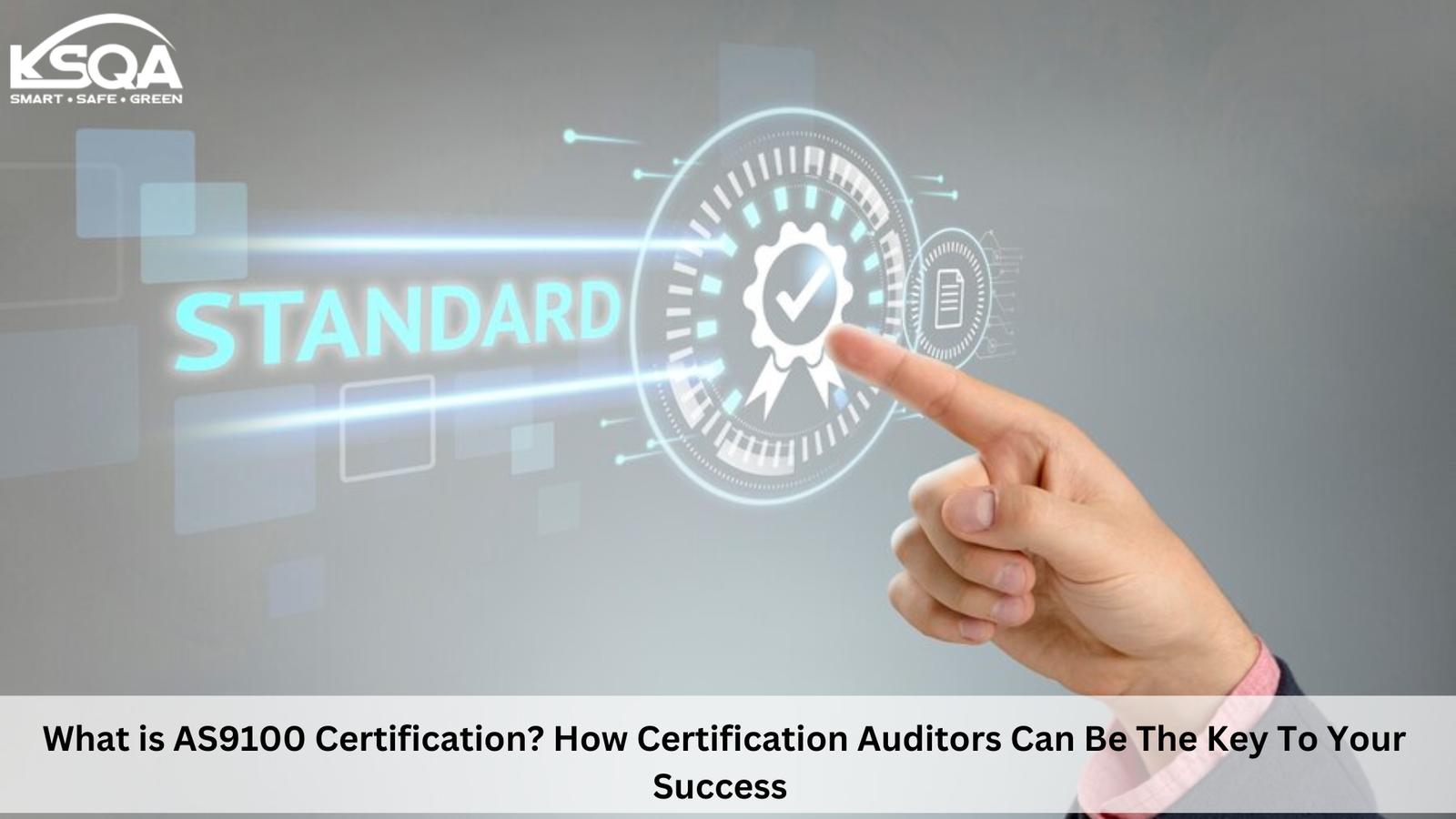AS9100 and ISO 9001 are two critical standards in the aerospace and general manufacturing industries, respectively. Understanding what AS9100 and ISO 9001 auditor certification are is essential for businesses aiming to enhance quality and reliability.
In a web-based survey conducted in 2020, 8397 respondents expressed their preferences regarding the future of ISO 9001, indicating the ongoing importance and evolution of this standard. Knowing about these certifications can help businesses improve their processes and gain customer trust in an increasingly quality-conscious global market.
These certifications ensure that companies meet stringent quality management standards, leading to better products and services. Knowing about these certifications can help businesses improve their processes and gain customer trust.
In this article, you will learn about the key aspects of AS9100 and ISO 9001 auditor certification. We will explore the main points for each certification, helping you understand their significance and how to achieve them.
AS9100 Certification
Definition and Importance
AS9100 is a quality management standard specifically designed for the aerospace industry. It includes all the requirements of ISO 9001, along with additional aerospace-specific criteria. This standard ensures that companies in the aerospace sector meet high-quality standards, enhancing safety and reliability.
Key Requirements
To achieve AS9100 certification, companies must meet several requirements, including having a robust quality management system (QMS), documenting processes, and regularly reviewing and improving these processes. Compliance with these requirements ensures consistent product quality and customer satisfaction.
Benefits of AS9100
AS9100 certification offers numerous benefits, such as improved product quality, increased customer confidence, and access to new markets. It also helps companies reduce waste and improve efficiency, leading to cost savings and better resource management.
Certification Process
The certification process for AS9100 involves several steps, including a gap analysis, the implementation of necessary changes, internal audits, and an external audit by a certification body. Companies must address any nonconformities identified during these audits to achieve certification.
Maintaining Certification
Maintaining AS9100 certification requires ongoing compliance with the standard's requirements. Companies must regularly review and update their QMS, conduct internal audits, and undergo periodic surveillance audits by the certification body. This continuous improvement process ensures sustained quality and compliance.
ISO 9001 Auditor Certification
Definition and Role
ISO 9001 auditor certification involves training and certifying individuals to audit and assess a company's QMS against the ISO 9001 standard. These auditors play a crucial role in ensuring that companies meet the required quality management criteria.
Training Requirements
To become a certified ISO 9001 auditor, individuals must undergo specific training programs. These programs cover the principles of quality management, the requirements of the ISO 9001 standard, and auditing techniques. Successful completion of these programs leads to certification.
Responsibilities of Auditors
ISO 9001 auditors are responsible for planning and conducting audits, documenting findings, and reporting nonconformities. They provide valuable feedback to companies, helping them improve their processes and achieve certification.
Benefits of Auditor Certification
Certified ISO 9001 auditors bring several benefits to companies. They ensure that the company's QMS is effective and compliant with the standard, identify areas for improvement, and help maintain high-quality standards. This, in turn, enhances customer satisfaction and business performance.
Maintaining Auditor Certification
Maintaining ISO 9001 auditor certification requires continuous professional development. Auditors must stay updated with changes in the standard and auditing practices. Regularly attending training programs and participating in audits helps auditors maintain their certification and expertise.
Differences Between AS9100 and ISO 9001 Auditor Certification
Conclusion
Understanding what is AS9100 and ISO 9001 auditor certification are crucial for businesses aiming to improve quality and compliance. AS9100 certification ensures high standards in the aerospace industry, while ISO 9001 auditor certification ensures effective quality management. Both certifications play a significant role in enhancing business performance and customer satisfaction. Achieving and maintaining these certifications requires commitment, continuous improvement, and adherence to established standards.
For those seeking assistance with the AS9100 or ISO 9001 certification process, KSQA can refer you to experts who specialize in consulting for these services. Visit their website to learn more and get started today.

.jpg)


.webp)
.jpg)
